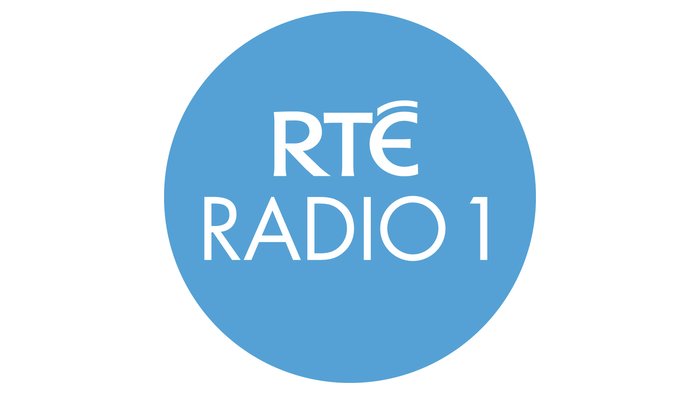Blog
RTÉ Radio 1: Dr Anne Doherty on impact of staff shortages and a lack of resources on provision of psychiatric services
- August 17, 2023
- Posted by: Ian Rice
- Category: External Affairs & Policy Media Of interest from media

Professor Anne Doherty was interviewed on Morning Ireland on 17th August and discussed issues with recruitment of staff and overall lack of resources for psychiatric services in Ireland. The discussion includes reflections on how Ireland compares poorly against EU averages for inpatient beds, and how inadequate resourcing is affecting our ability to admit those with acute need who need these services most.
Read quotes from the discussion by Professor Doherty below, and listen to the interview in full on the RTÉ website here.
Regarding the profile of patients who require specialist, inpatient psychiatric beds:
It’s really only the most severely unwell that will be admitted to hospital. Usually you’re talking about people who have very severe mental illnesses like schizophrenia and bipolar disorder who, in the context of those illnesses, are severely and particularly unwell, often maybe with either a severe episode of their illness, or perhaps related to risk, perhaps suicidal ideation or something like this. I think it’s important that we draw the distinction between the general discourse we have in the public around ‘mental health’ and mental illness, because it’s quite different. We’re talking about people who have diagnosable illnesses who need specialist inpatient care and it’s really important that they have access to it.
Regarding the impact of underfunding and closures on those with severe, acute psychiatric illness:
Before these closures even happen, we have one of the lowest rates of psychiatric beds in the developed world and in the EU. We are, I think, the third-lowest in the EU. The EU average number of beds according to Eurostat is 73 per 100,000, and we’re sitting at 37. So we’re about half of the EU average, which puts us on the back foot. It means that we don’t have any extra capacity if there are closures in different areas. If somebody is acutely unwell and they need an admission […] it can be a question of waiting for a bed to arise, it can mean somebody’s waiting in an emergency department, for example, which is not the nicest of environments for someone who is acutely unwell and may be, perhaps, paranoid. It puts a massive burden on patients and their families, who really suffer when we don’t have adequate services.
Regarding the knock-on effects of bed shortages on patients and staff:
When we have a chronic shortage of beds, and when we are constantly operating at half the number of beds of the EU, it means that we have to operate in a position where we wouldn’t necessarily admit the people that we might like to admit. So people have to be sicker to warrant that admission. That’s one thing in a crisis, but when it’s your basic operating level, it’s not ideal. It’s is a real need for investment in services and for making sure that we have adequate levels of staffing so that these sorts of situations don’t arise and that everybody has access to the care that they need.
Regarding funding of services and prioritising recruitment and retention strategies:
If we step back and look at the bigger picture for mental health services, we know that in Ireland the mental health budget is less than 6% of the entire health budget. In comparable European countries, it’s 13%, so we are probably significantly underfunded compared to other states. So there is a bigger piece which is about funding. And the problem is when you have a wider underfunded service, it’s more vulnerable to things like problems in retention. It’s hard for people to work in an underfunded service, it’s not where people will choose to work. What we’re seeing is, unfortunately a lot of our colleagues are choosing to stay overseas when they go over there. While we produce a lot of graduates in medicine, nursing and other professional areas, it’s about trying to retain our staff in our services. We probably need to be prioritizing it. Closing half the beds in an ICU would not be considered acceptable, there would be massive outrage. Unfortunately when this happens in the mental health sphere, there is less of a fuss about it and less effort to mitigate how that affects patients.
